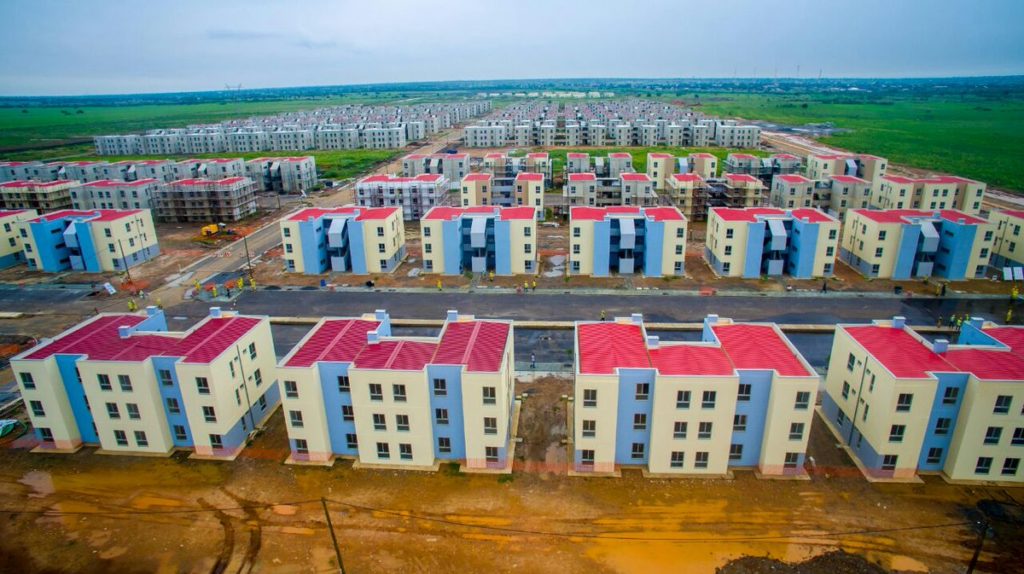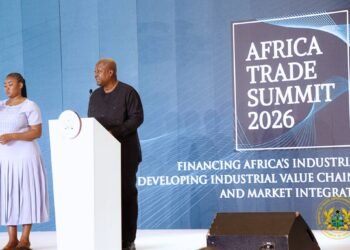In the delivery of the 2021 national budget, the government announced its commitment to establish a National Rental Assistance scheme. However, this raises a lot of questions, especially considering that the budget mentioned nothing on government’s plans towards the affordable housing scheme.
The Majority group Leader, Osei Kyei Mensah Bonsu indicated in the budget that government has plans to partner the private sector to establish the National Rental Assistance Scheme (NRAS), with a seed of GH¢100 million.
According to him, the scheme serves to: “crowd-in additional investment from the private sector, to provide low-interest loans to eligible Ghanaians to enable them pay rent advance.
Nonetheless, the budget was essentially silent on the government’s commitments to scale-up efforts towards establishing affordable housing units. Legitimately, the country faces a huge housing deficit which requires practicable solutions in order to address them.
Meanwhile, the former Minister for Works and Housing, Samuel Atta Kyea, during the build-up to the 2020 general elections intimated that should the government retain power, it would construct a minimum of 200, 000 housing units annually over the four-year term.
This he said at the time was to close up the housing deficit, estimated at 2.5 million housing units.

However, to have found no mention of government’s plans to this effect in the budget. But rather a national rental scheme raises a lot of questions in the minds of ordinary Ghanaians.
Is the NRAS a temporary scheme to be established for the sake of cushioning households impacted by the Covid-19 pandemic? What is the eligibility criteria and mode of selection for households who qualify for this initiative? OR simply, is it temporarily going to replace the affordable housing scheme for the next couple of years?
Assessment of the National Rental Assistance Scheme
Speaking on the government’s new initiative, Dr. Ali-Nakyea, a tax expert and partner of Ali-Nakyea and Associates intimated that government should rather focus on lasting interventions. Such as providing employment avenues that could help households generate income to be able to pay their rents.
“…my question is why could the person not raise enough revenue or funds to pay for his or her rent? So, if you advance the loan, how is the person then going to repay the loan?
“If it is a measure to temporarily resolve your challenges so that you find your feet and then move on. But, if it’s a situation where it is not a delay in a revenue inflow which you needed a stop-gap. Then, that loan will be outstanding in perpetuity.”
He pointed out that, for instance, with Covid still impacting businesses and households, will people be able to repay the loans that the government gives out at this material time?
According to him, it is a better option, if the government considers following through with the affordable housing scheme more vigorously.
The government could explore selecting category of workers from whom these loans can be recovered from deductions easily, he asserted.
“If the rent would have been say GHS100 per month, and the person could not pay and you have advanced him to pay, say for a year or two and you are deducting GHS30 or GHS50 because his income can accommodate that, [that is better].”
“But, for how long can the government continue to be a benefactor instead of people being empowered to earn more, and earn well to be able to pay their rent. That is a more lasting intervention,” he indicated.
READ ALSO: 2021 Budget: a return to fiscal consolidation path in view























